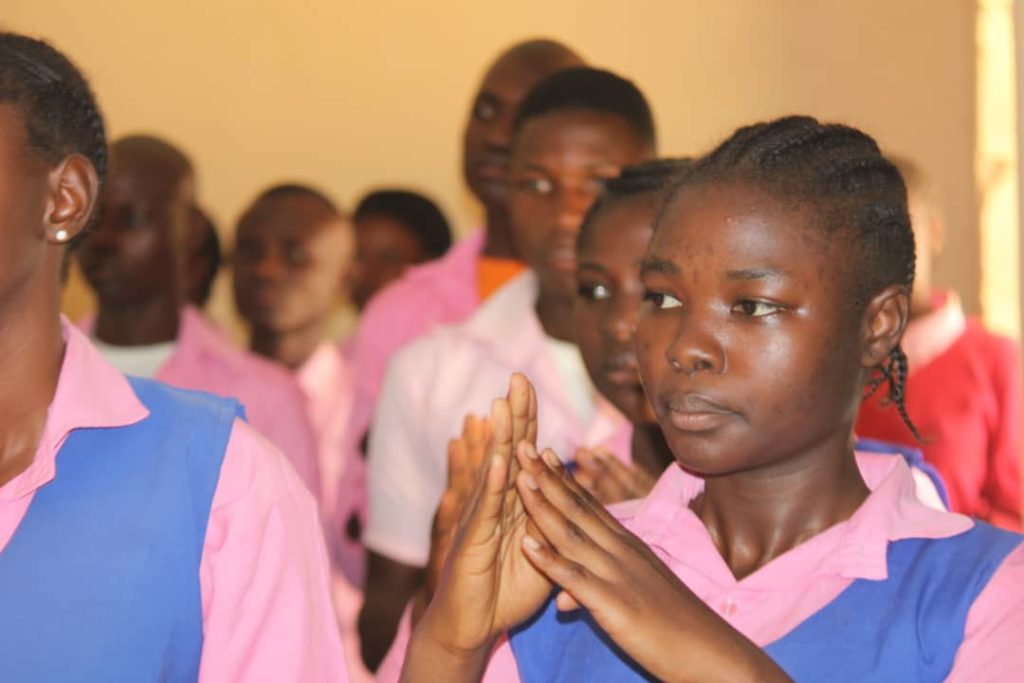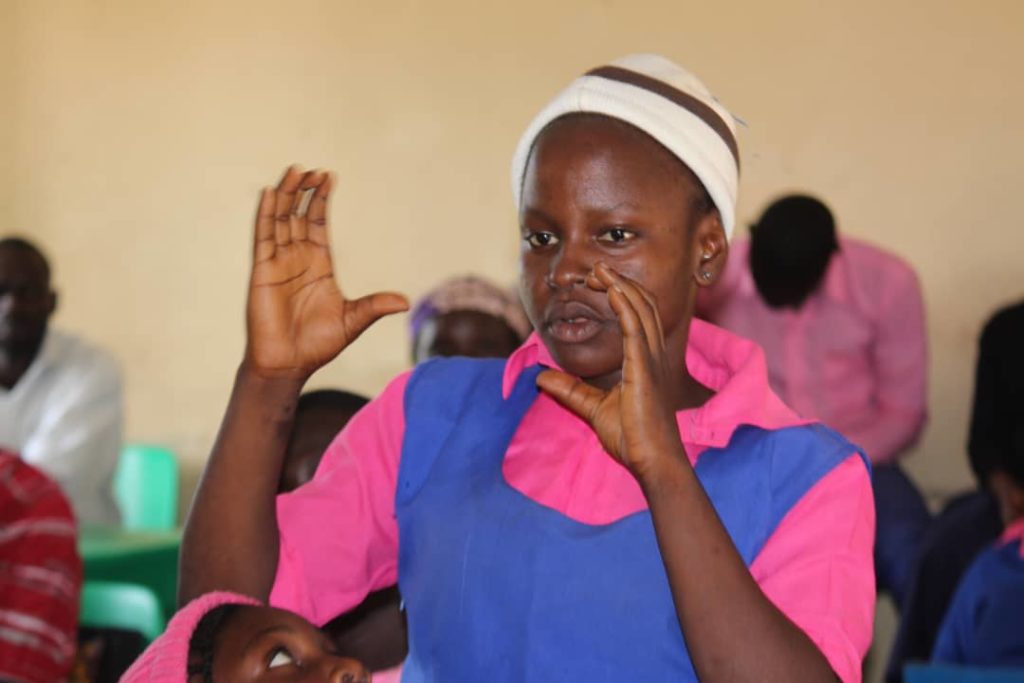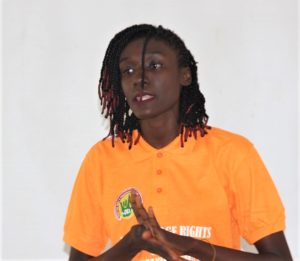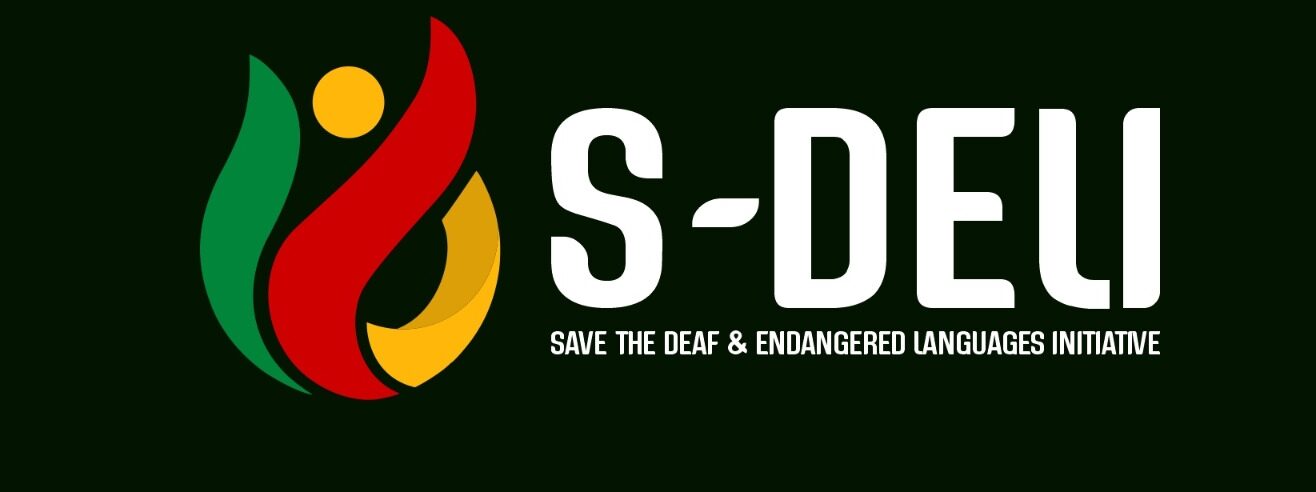
Over the years, deaf individuals have been linguistically and culturally marginalised due to the loss of sound which hearing loss brings – some from birth, others as adults, as a result of ill health or accident. Consequently, there is a communication gap between the deaf and hearing individuals, lack of language access which sometimes affects the cognitive and socioemotional development of deaf children. We know that cognition and social behaviour are embedded in the language acquisition process of a child, all of which become difficult to acquire at the instance of loss of hearing. Even those who lose hearing later in life lose touch with sound or better still the language they are familiar with and as such, losing touch with the lifestyle they are familiar with. Be that as it may, bridging communication gap and ensuring that deaf children have an all-round development becomes a responsibility of their hearing family members and the society at large, through the established institutions for literacy development. This is the linguistic right and the fundamental human right of a deaf child.

The United Nations have worked assiduously, providing access to academic resources, social aids, advocacies and awareness programs for the cause of the deaf population. Nigerian education sector, at all levels have also ensured that there is at least a public Deaf Primary or Secondary School, an Inclusive Special Education Centre or other resource centres in the 36 states and the FCT. In Plateau State, there is the School for the Deaf in Bassa Local Government, there are also the faith based and private education centres for the deaf. The Deaf Association, which is concerned with the social rights of her members is part of the Plateau State Disability Rights Commission.
Now that the Inclusive Rights Bill has been signed, there is the need for the Ministry of Education to incorporate the use of Indigenous Nigerian Sign Language for Deaf education into the National Policy on Special Needs Education and to find reason to adequately train and retrain teachers of deaf children. The government through its health sector, need also ensure early detection and intervention for deaf children so they can be exposed to signed language immediately after detection, before the age of five which in turn enables a deaf child to develop the linguistic and cognitive skill-set needed for his or her academic and communicative excellence. We can only efficiently create language access to an indigenous deaf child with Indigenous deaf language (Asonye, 2019).
Save the Deaf and Endangered Languages Initiative (S-DELI) is the only Nigerian NGO documenting and developing materials in the Indigenous Nigerian Sign Languages to ensure that the communication gap is bridged efficiently for an average Nigerian deaf child. As they partner with the Nigerian National Association of the Deaf towards the documentation of Indigenous Nigerian Sign Languages and the development of same for Deaf literacy, they want to leave no stone unturned in advocating for the implementation of early intervention program for deaf children, which is a sine-qua-non in this project.
As we just celebrated the INTERNATIONAL WEEK OF THE DEAF from the 23rd to the 27th of September, which began with the INTERNATIONAL DAY OF SIGN LANGUAGES, It behoves on us all, hearing Individuals, to be the sound that the deaf children have lost touch with, through our attitudes towards them and how far we can go to see that the signed language rights of the Nigerian deaf children are realized. Media Outfits, Civil Society Organisations, Public and Private establishments, Academic and Social Institutions need to ensure that there is an effective interpretation and representation for and by the deaf children (and adults) in all the services they render in society. This is the message S-DELI passed through the IDSL Public Lecture in the just concluded Triple Action Project 2019, which took place in eight cities in Nigeria including the FCT. Let’s join hands to give the Nigerian deaf child an enabling environment to succeed in all aspects of life, just like their hearing counterparts.
Work Cited
Asonye, E. I. (2019, May 26). Now that the disability rights bill is signed [Blog Post]. https://medium.com/@easonye/now-that-disability-right-bill-is-signed-83dcf5583245
By Seyilnan Dyelpo

